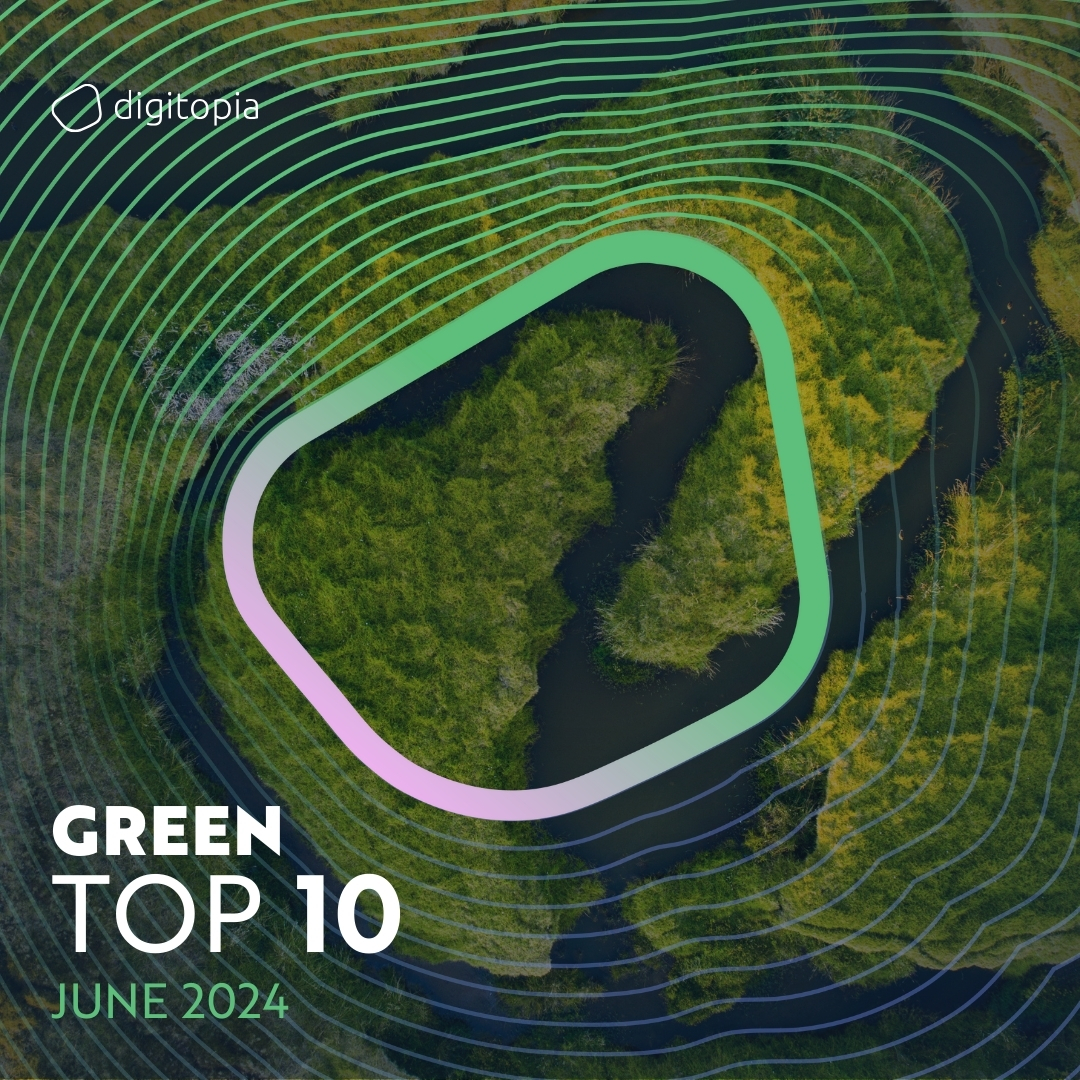
1- Bill Gates says AI’s green benefits will outweigh its emissions
Bill Gates asserts that the environmental benefits of AI will surpass its emissions, despite concerns over AI’s rising energy demands. He argues that AI will enhance data center efficiency, reducing their future power consumption. While AI might use up to 6% of global electricity, Gates dismisses estimates exceeding 10%. He also notes that the energy demands of electric vehicles, heat pumps, and green steel will overshadow data centers. Speaking at his Breakthrough Energy summit, Gates emphasized the need for affordable carbon capture solutions, aiming to reduce costs to below $100 per ton.
Source: CommunicationsToday
2- OpenAI reportedly in talks with Helion Energy to ‘buy vast quantities’ of fusion power
OpenAI is reportedly in discussions with Helion Energy to secure large amounts of electricity for its data centers, reflecting the increasing need for clean power to support AI advancements. Helion, chaired by OpenAI CEO Sam Altman, is working on harnessing nuclear fusion for renewable energy, though commercial viability is still unachieved. Despite Altman’s recusal from the deal, concerns about conflicts of interest persist. Helion, which has raised substantial venture capital and federal grants, aims to make fusion power operational by 2028, aligning with its previous agreements, such as the one with Microsoft.
Source: Geek Wire
3- How EU rules are changing the game for carbon reporting in manufacturing
The European Union’s Carbon Border Adjustment Mechanism (CBAM) is poised to integrate carbon accountability into global trade, requiring importers of goods like steel, aluminum, and fertilizers to manage complex data and supplier engagement. Key to CBAM’s success is the transition from default emissions values to primary data, with a compliance deadline of October 31, 2024. Accurate primary data ensures fair carbon pricing and incentivizes global emission reductions. While SMEs may face challenges, early supplier engagement and leveraging technology can aid compliance.
Source: The Manufacturer
4- Boycotts aren’t the only way to hold companies accountable
Conscious consumers are adopting new strategies to ensure companies maintain ethical practices. Rather than solely relying on boycotts, these consumers are directing their spending towards brands that align with their values. This approach is complicated by conglomeration, where many brands are owned by the same parent company, making it hard to truly boycott a specific brand. Despite these challenges, conscious consumers are pushing companies to improve their policies through increased transparency and accountability. Examples like the Bud Light boycott and Oatly’s environmental claims show how consumers can influence corporate behavior even amidst complex market dynamics.
Source: BBC
5- Sharp rise in number of climate lawsuits against companies, report says
A report by the Grantham Research Institute reveals a sharp rise in climate lawsuits against companies worldwide, with many concluding successfully. Since 2015, about 230 climate-related lawsuits have been filed, two-thirds since 2020. “Climate-washing” litigation, accusing companies of misrepresenting environmental progress, saw 47 cases in 2023 alone, with over half of such cases since 2016 ending in favor of claimants. The US leads in climate litigation, with notable cases in the UK and growing involvement from countries in the global south. While litigation’s long-term impact on corporate behavior remains uncertain, it has already influenced government climate policies significantly.
Source: The Guardian
6- These climate tech companies just got $60 million
In a recent development heralded by the US Advanced Research Projects Agency—Energy (ARPA-E), over $63 million in funding has been allocated to four pioneering climate tech startups. Among the recipients, Antora Energy secured $14.5 million to scale its innovative thermal batteries designed for heavy industry, aiming to store and utilize renewable energy efficiently. Queens Carbon also received $14.5 million to advance its technology for producing lower-emissions cement, addressing a significant contributor to global emissions. Ion Storage Systems was awarded $20 million to enhance its solid-state lithium-metal batteries, poised to revolutionize energy storage for electric vehicles. AeroShield Materials rounded out the grants with $14.5 million for its aerogel-based insulation materials, targeting substantial energy efficiency gains in buildings. These investments underscore ARPA-E’s commitment to accelerating technological solutions crucial for mitigating climate change impacts across key sectors.
Source: MIT Technology Review
7- Countries fail to include children in their climate plans
In a recent study published in The Lancet, Kathrin Zangerl and her team from the Heidelberg Institute of Global Health in Germany uncovered significant gaps in national climate adaptation plans concerning children’s needs. Analyzing plans from 160 countries, they found that a staggering 28% of these plans did not mention children at all, while another 31% only referenced children in limited contexts such as education, neglecting critical areas like mental health.
Source: Grist
8- Historic Nature Law Passes In Europe: Now We Need To Finance It
European Union ministers have passed the groundbreaking ‘Nature Restoration Law’, aiming to restore 20% of Europe’s natural areas by 2030 to combat biodiversity decline and bolster climate resilience. The law, overcoming initial opposition, highlights the urgent need for public and private sector financing to support implementation, addressing a significant gap in funding for nature-based solutions. Supported by initiatives like the Taskforce on Nature-Related Disclosures (TNFD), which promotes transparency on biodiversity risks in financial decision-making, the law sets a precedent for integrating ecological concerns into economic strategies across Europe. As Europe prepares to enforce these measures, stakeholders are urged to align financial practices with nature conservation to foster sustainable economic growth and mitigate climate impacts effectively.
Source: Forbes
9- Recycling to kick in as long-term solution to EU rare earths challenge
EU companies are ramping up efforts to recycle rare earths from old electric vehicles (EVs) and wind turbines to meet ambitious targets set by the Critical Raw Materials Act. Currently, less than 1% of rare earths in the EU are recycled, but initiatives like Carester and Heraeus Remloy aim to process old magnets and electronic devices into rare earth oxides and magnetic alloy powders by the mid-2020s. Despite challenges such as high recycling costs and inadequate collection systems, these projects could collectively meet a significant portion of the EU’s demand for rare earths by 2030, supporting the bloc’s green transition goals.
Source: Reuters
10- Amazon is getting rid of plastic air pillows in North America
Amazon has announced plans to eliminate plastic air pillows from its North American delivery packaging by the end of this year, replacing them with paper filler made from 100 percent recycled content. This change aims to remove nearly 15 billion plastic air pillows annually and improve recyclability for customers. Despite previous shifts away from plastic packaging in other regions, Amazon’s transition in the US has been gradual. While welcomed by conservation groups like Oceana, which estimates Amazon’s US plastic waste at 208 million pounds in 2022, more comprehensive action is urged to phase out single-use plastic packaging across all operations globally.
Source: The Verge

